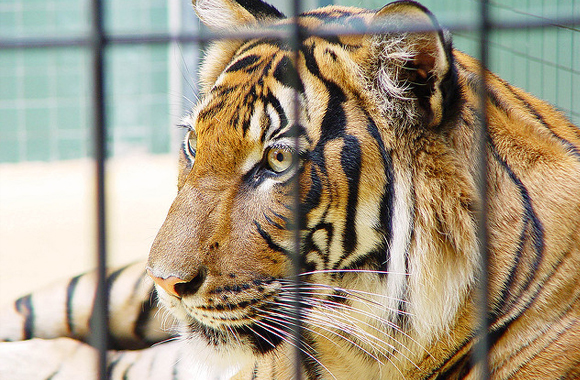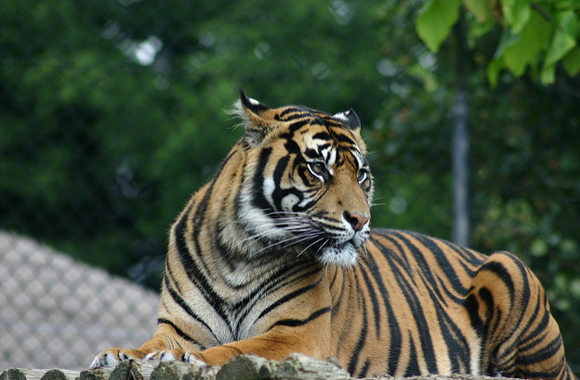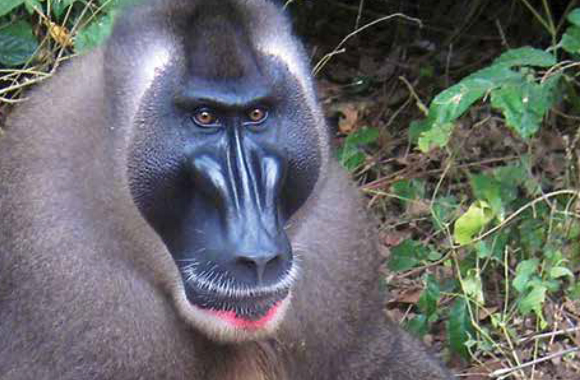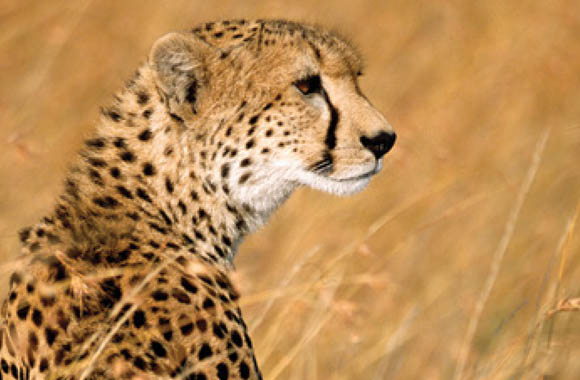About
Easily recognized by a spotted coat, black “tear marks” below the eyes, and long legs and back, the cheetah is a stunning animal. The fastest animal on land, the cheetah can accelerate at the rate of a sports car and sprint up to 75mph – covering 26 feet in a stride.
Despite their speed, cheetahs are no match for criminals who capture them from the wild and smuggle them to the Middle East, where they are highly prized as pets. With wild cheetah populations plummeting to as low as 7,000, Born Free urgently warns the international community to take action to stop this trade and protect this vulnerable species.
At Born Free, we encounter the consequences of the dire cheetah trade first-hand. Born Free Ethiopia rescues individual confiscated cheetahs from suffering and exploitation in the live animal trade that provides pets to the wealthy elite and gives them sanctuary for life at Ensessa Kotteh: Born Free’s Wildlife Rescue, Conservation, and Education Centre in Ethiopia. But, these are the relatively lucky cheetahs. Many others die in transit to the Middle East (a reported mortality rate of 70%) or face lifetimes as pets with chains around their necks.
Born Free has also campaigned and persuaded delegates to the Convention on International Trade in Endangered Species of Wild Fauna and Flora (CITES) to take new actions to save the species: to focus on wildlife law enforcement and to use social media platforms to vilify (not glorify) cheetah ownership. In both cases, we have had great success.
“We can end the demand for wild animals as pets.”
Actress Angelina Jolie, advocating for the rescue of cheetahs.
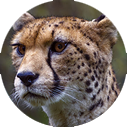
Cheetahs
Status
IUCN Red List classification: Vulnerable
CITES status: Appendix I
Endangered Species Act Status: Endangered
Population
Estimated number remaining in the wild:
7,000-12,000
Population decline of cheetahs:
Decreasing. It is estimated that cheetah range in Africa has declined 89% from its historic size. Over the last three cheetah generations, it is suspected that cheetah abundance and extent of occurrence has declined by at least 30% – and at least a 10% decline is projected over the next three cheetah generations.
Location
Sub-Saharan Africa (Algeria, Angola, Benin, Botswana, Burkina Faso, Central African Republic, Chad, Ethiopia, Kenya, Mali, Mozambique, Namibia, Niger, South Africa, South Sudan, Tanzania, Uganda, Zambia, and Zimbabwe) and Iran. Populations have also been reintroduced in Swaziland.
Size
On average, cheetahs are approximately 32 inches tall; 70-86 inches long from the tip of the nose to the end of the tail; and 83-145 pounds.
Fun Fact
Cheetahs are the only large cat whose claws are only semi-retractable. This helps aid in traction when they run at top speeds.
Related Campaigns
Latest News and Work
June 05, 2018
